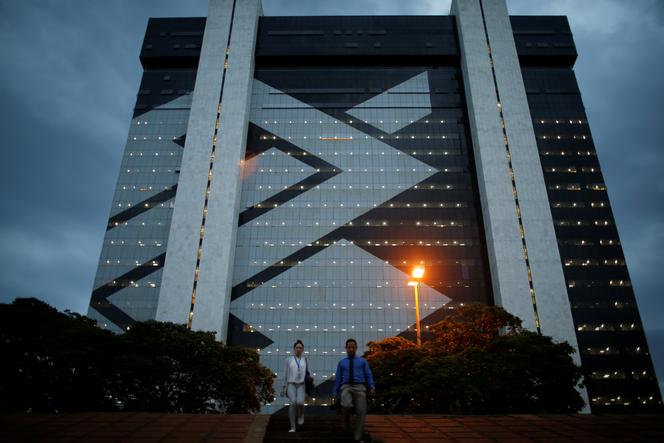


Is it possible to repair a crime against humanity? The question is now being asked in Brazil, where an investigation by the Federal Public Prosecutor’s Office was opened on Wednesday, September 27. The target is no less than Banco do Brasil (Bank of Brazil, BB), the country’s oldest public bank and one of its main financial institutions, implicated for its involvement in slavery and the slave trade in the 19th century.
Revealed by BBC News Brasil, this civil action is the result of a petition signed by 14 historians specializing in the subject. "This is an unprecedented process. Brazilian justice is finally going to look into the wounds inflicted by major institutions during slavery, and work towards a genuine policy of reparation," stated Julio Araujo, the Federal Public Prosecutor in charge of the case.
Researchers have attacked a national symbol. With 86,000 employees, 75 million customers and nearly €400 billion in assets, Banco do Brasil is one of the largest financial institutions in Latin America. 50% of its capital is held by the Brazilian state. It has thousands of branches and is present in almost every city in the country.
But this success hides a dark side. Founded in 1808 by the Portuguese monarchy, then in exile in Rio de Janeiro to escape Napoleon’s invasions, BB also played a full role in the slavery system. Historians accuse it of having financed itself by taxing slave ships from Africa, and of having granted generous loans and credit to numerous slave traders.
Re-established in 1853 after a bankruptcy, the bank’s main shareholders included a number of unsavory characters, including José Bernardino de Sa, one of Brazil’s wealthiest men at the time. He was a landowner and was also said to have personally participated in the deportation of 20,000 slaves, despite a law prohibiting the slave trade since 1850.
Over three centuries, nearly five million Africans were brought to Brazil (in other words, almost half of the Atlantic slave trade), where slavery was not completely abolished until 1888. "The slavery business model required huge amounts of capital, and its players needed very substantial financing. Clearly, the Banco do Brasil played this role," pointed out Martha Abreu, professor at Rio State University and one of the signatories to the lawsuit.
BB has 20 days to submit an initial response to the public prosecutor’s office, detailing its positions. Will it follow the example of the Royal Bank of Scotland and the Bank of England, which, in the wake of the Black Lives Matter movement, have acknowledged their role in the slave trade? In an initial statement, issued following the revelations of BBC News Brasil, the institution recognized the need for a "permanent process of reflection" on slavery. "This is an important signal of openness and of dialogue, which is quite committing, and makes us rather optimistic about what’s to come," said prosecutor Julio Araujo.
You have 29.21% of this article left to read. The rest is for subscribers only.
